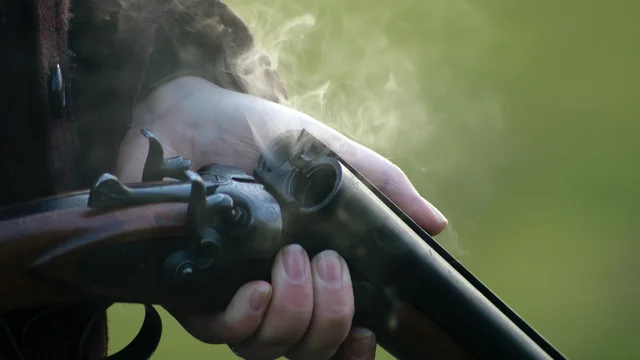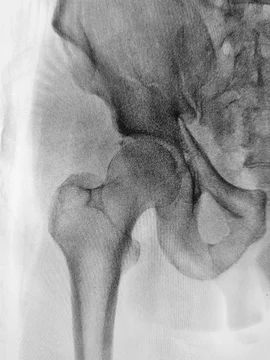Today I noticed for the first time what may be a new move in the redaction game. I neither like nor understand chess (the two may be related), but it feels like I witnessed the birth of the French defense.

As we've discussed ad nauseum, it has become standard practice for Judge Andrews to reject filings that redact exhibits in their entirety (or nearly so) with an oral order like the following:
ORAL ORDER: The redacted filing (D.I. 163 ) is REJECTED because parts of it are redacted in its entirety. Absent a compelling reason, supported by a statement under oath by a party, redactions in their entirety are impermissible; redactions must be done so as to redact the least possible amount of the materials submitted. Failure to make a good faith attempt at such redactions may result in sanctions, the most common of which would be simply unsealing the entire filing. Redacting in its entirety a document or parts of it that contains publicly available materials is prima facie evidence of bad faith. A revised redacted filing is DUE within five business days.
Vertex Pharms. Inc. v. Sun Pharm. Ind. Ltd., C.A. No. 20-988-RGA (D. Del. Apr. 12, 2023).
Despite this repeated refrain, I still see at least a couple such orders every month. This week, however, was the first time I saw a party take the step of submitting "a statement under oath by a party" at the same time it submitted its redactions, rather than waiting for them to first be rejected.
Interestingly, the statement itself was fairly light on detail stating only that it was redacting "the proprietary formulation contained in its ANDA" and describing ...








